Understanding “I will become who I learn to become” can be profoundly beneficial for all teens, especially those facing socioeconomic disadvantages.
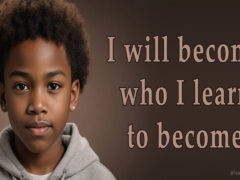

Understanding “I will become who I learn to become” can be profoundly beneficial for all teens, especially those facing socioeconomic disadvantages.
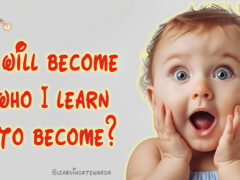
Within a child’s agency, nothing is more universally determining of how they are becoming the adults they are becoming than the ongoing live flow of their learning. Consider the life-benefits of learning early in life that “I will become who I learn to become”.
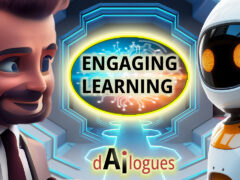
Throughout the following conversation please filter your responses through our previous agreements: Children can’t help but learn to become adults Learning is not just “a” central focus; it is “the” central dynamic of being human, encompassing every aspect of our existence and development. Because nothing within a child’s potential agency is (or can be) more […]
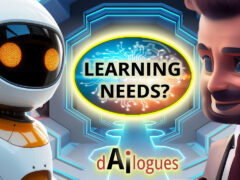
I am in Blue. Gemini (formerly Bard) is in Black Considering everything discussed and referred to in our prior conversations: Always Learning What Should They Learn We Must Be Stewards Miraculous Intersections Regardless of what we are learning, what are the kinds of learning need experiences that can be consciously recognized during the flow of participating […]
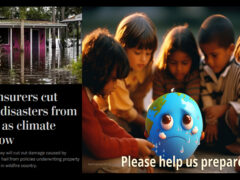
Even if you deny the warnings of climate science, there’s no denying the effects of climate change. Extreme weather has now become so commonplace that insurance companies will no longer cover weather related natural disasters. Think about that. It won’t be long before life, health, property, and even auto insurance premiums will all be more […]
NAEP (K-12) scores aren’t perfectly accurate measures of grade-level reading proficiency. NAAL (17-year-old and up) scores aren’t perfectly accurate measures of adult literacy. The fact that they are separate assessment systems used to report on very different populations and yet come pretty close to predicting each other suggests they are both in the ballpark and […]

Bill Maher is known for pushing boundaries, criticizing and provoking both political wings, and for hosting conversations on a wide variety of important topics. During his April 21 2023 “Real Time” HBO show, Mr. Maher seemed startled as he read the headlines from a recent newspaper piece: “One in three children in America can […]

Driven by snowballing advances in science and technology, the world is rapidly becoming profoundly unlike any world any human has ever lived in. What should kids learn today in order to be healthy, happy, and prosperous 20 years from now? Because the future is so uncertain, nothing they can learn today is more important than […]
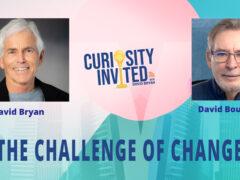
Today’s children will live their adult lives in a world profoundly unlike any world any humans have ever lived in. What must we do today to prepare them for life in a future we can no longer predict? What is more important to their futures than how well they can learn when they get there? […]
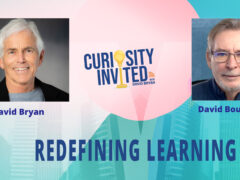
Redefining Learning – Curiosity Invited Clip
